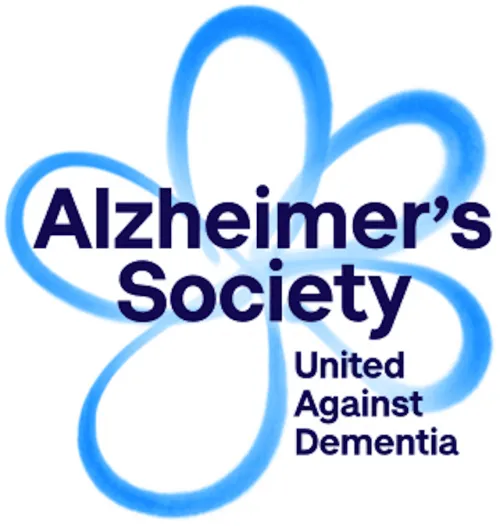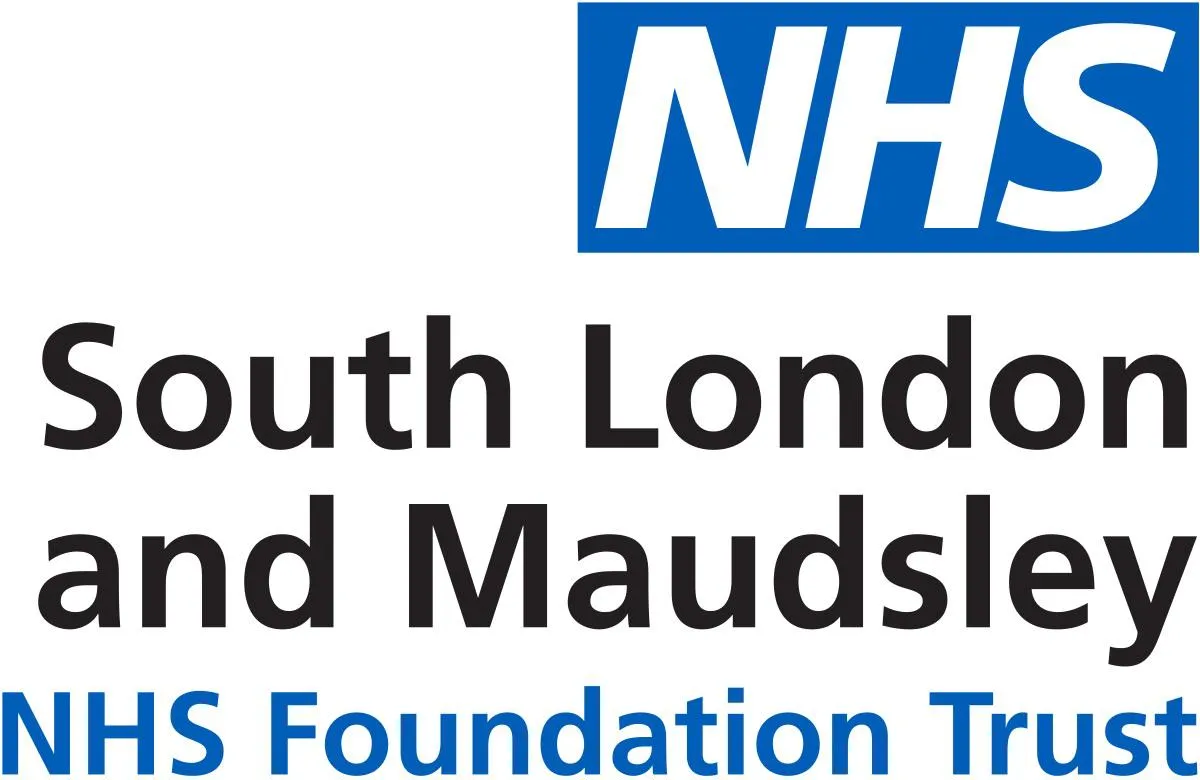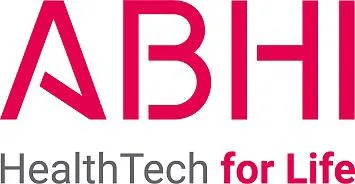
NIHR HealthTech Research Centre in Brain Health
The NIHR HealthTech Research Centre (HRC) in Brain Health will investigate three main areas, using cutting edge technology to solve major challenges in the field of brain health and dementia research in diagnosis, care, and treatment. Brain scanning, blood sampling, computerised testing and technology will be used to create a more intelligent way of diagnosing dementia in the early stages of the condition.
The National Institute for Health and Care Research (NIHR) has funded 14 new HealthTech Research Centres across the UK, including the HealthTech Research Centre in Brain Health based at the South London and Maudsley NHS Foundation Trust in collaboration with the Institute of Psychiatry, Psychology and Neurosciences at King's and the University of Exeter. This centre aims to expedite the development and integration of emerging technologies in healthcare, with a focus on swiftly delivering benefits to patients.
The HRC will support new technologies to reduce the impact of dementia on society. The HRC team led by Professor Dag Aarsland, Director of the Centre for Healthy Brain Ageing, Institute of Psychiatry, Psychology and Neuroscience, and Professor Clive Ballard at University of Exeter.
They are joined by experts from variety of academic and clinical research backgrounds, national bodies such as NICE and MHRA as well as a small and multinational companies and non-profit organisations such as Association of British HealthTech Industries and the Health Innovation Network South London.
This HealthTech Research Centre is organized around three broad themes, covering the full spectrum of brain health, from prevention and the earliest stages of cognitive impairment to supporting the most frail and vulnerable individuals with severe dementia in nursing home settings and addressing the needs of people with all major brain diseases leading to dementia. Research culture and equality, diversity and inclusion will be at the core of each of the three themes and be the overarching guidance for the Centre.
- Theme 1 focuses on maintaining brain health in people at the very first stages of cognitive impairment or at risk and the early diagnosis of Alzheimer’s disease and other neurodegenerative diseases in people with Mild Cognitive Impairment utilizing new technologies which are less invasive, cheaper and accessible at point-of-care.
- Theme 2 focuses on technology innovations to improve the lives and care of people with dementia living in their homes or in care-homes.
- In Theme 3 we utilize the PROTECT Study led by the University of Exeter and other digital resources as testing platforms to evaluate emerging new technologies (from finger prick blood test biomarkers to digital technologies), from early pilot-testing to studies exploring implementation, clinical benefit and validation against clinical and cognitive measures, to cost-efficiency, and implementation.
Our Partners
We are pleased to include the following companies who have joined the HealthTech Research Centre in Brain Health as our SME and corporate industry global partners with more to follow in the pipeline over the next few months.

Alzheimer's Society













